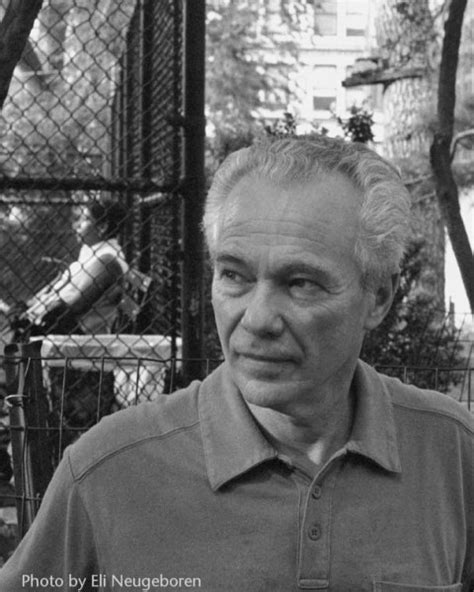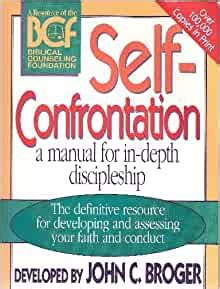A Quote by Ezra Taft Benson
Pride adversely affects all our relationships - our relationship with God and His servants, between husband and wife, parent and child, employer and employee, teacher and student, and all mankind.
Related Quotes
Love is probably the most powerful force in the cosmos, capable of creating miracles. Love can manifest in so many ways - love between parent and child, husband and wife, partner and partner, teacher and student, service volunteer and recipient, God and one's spirit. The manifestations of love are innumerable.
Prayer has been hedged about with too many man-made rules. I am convinced that God has intended prayer to be as simple and natural, and as constant a part of our spiritual life, as the intercourse between child and parent in the home. And as a large part of that intercourse between child and parent is simply asking and receiving, just so is it with us and our Heavenly Parent.
There are 4 types of relationships. We generally know people who guide and help us like a parent or teacher; those who need our wisdom or help like a child or student; people with similar knowledge and experience on our life path who want to offer unconditional support; and those who do not wish to support us.
God intends and expects marriage to be a lifetime commitment between a man and a woman, based on the principles of biblical love. The relationship between Jesus Christ and His church is the supreme example of the committed love that a husband and wife are to follow in their relationship with each other.
Some husbands think, "This is my wife," or a parent thinks "This is my child." From a spiritual perspective, this is a misconception. The higher truth is: "This wife is God's beloved daughter, entrusted in my care. And the way I serve God is by giving her respect, protection, appreciation and empowerment. This is what God wants me to give his child."
A conscious parent is not one who seeks to fix her child or seek to produce or create the 'perfect' child. This is not about perfection. The conscious parent understands that is journey has been undertaken, this child has been called forth to 'raise the parent' itself. To show the parent where the parent has yet to grow. This is why we call our children into our lives.









































